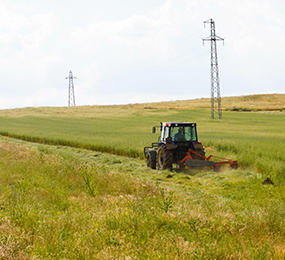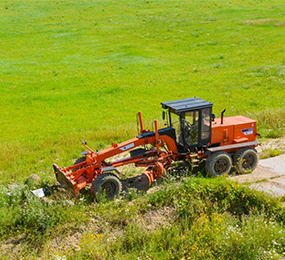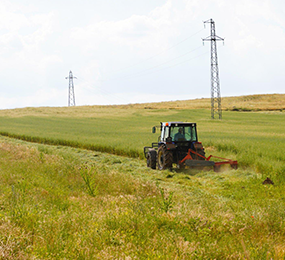Electrifying non-road mobile machinery (NRMM) is a crucial step towards sustainability, but it comes with several significant challenges. These barriers span technological, economic, and infrastructural domains, posing obstacles to widespread adoption and integration.
One of the foremost challenges is the current state of battery technology. While advancements have been made, batteries for NRMM need to provide high energy density, long operational life, and rapid charging capabilities. The size and weight of batteries can also be problematic, as they often need to be larger and heavier to meet the energy demands of heavy-duty machinery, potentially impacting performance and design flexibility.
Economic factors present another major challenge. The initial cost of electric NRMM is typically higher than that of their diesel counterparts. This includes the cost of batteries and the need for specialized components. Although operational savings can offset these initial costs over time, the upfront investment can be a deterrent for many companies, especially small and medium-sized enterprises.
Infrastructure development is critical for supporting the electrification of NRMM. Adequate charging stations, particularly in remote or off-grid locations where non-road machinery often operates, are essential. The lack of widespread and accessible charging infrastructure makes it difficult to ensure continuous operation and can lead to significant downtime.
Technological integration also poses hurdles. Converting existing machinery to electric power or designing new electric models requires significant R&D investment and innovation. Additional concerncs include compatibility with existing equipment and ensuring reliability under harsh working conditions.
Regulatory uncertainty and varying standards across regions further complicate the adoption process. Companies need to navigate a complex landscape of regulations, which can differ significantly from one jurisdiction to another, affecting the design and deployment of electric NRMM.
Lastly, workforce readiness and training are essential. The shift to electric machinery requires operators and maintenance personnel to develop new skills and adapt to new technologies, which can be a significant transition for the industry.
Addressing these challenges requires a concerted effort from industry stakeholders, policymakers, and technology providers. The barriers to NRMM electrification can be overcome through collaboration and continued innovation, paving the way for a more sustainable and efficient future.
For more details and registration information, visit https://www.leadventgrp.com/events/2nd-annual-non-road-mobile-machinery-electrification-and-decarbonization-forum/details.
For more information and group participation, contact us: [email protected]
















